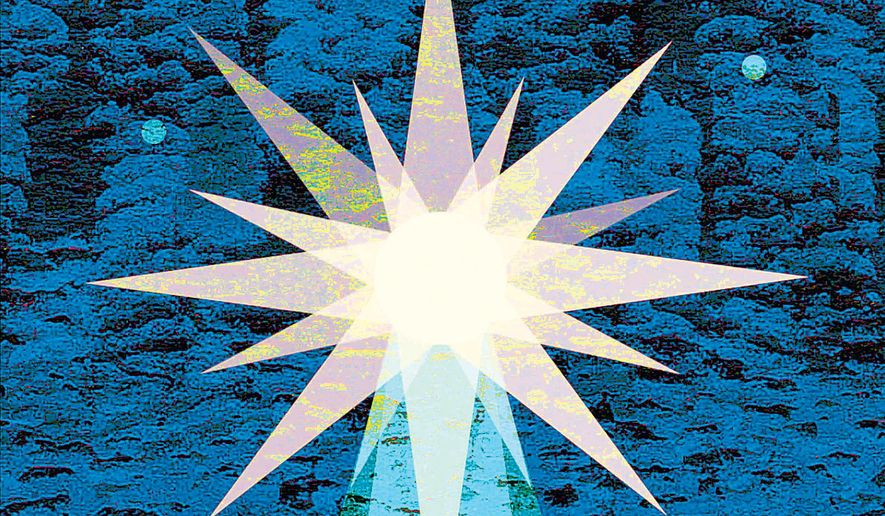OPINION:
In his halftime pep talk in the movie “Any Given Sunday,” the coach played by Al Pacino offers the following bit of wisdom to his charges: “You know, when you get old in life, things get taken from you. I mean, that’s part of life. But you only learn that when you start losing stuff.”
Recently, on my way to attend a second funeral in as many months, I thought about that pep talk and the ubiquity of loss in the human experience. As the road traverses its final few miles, relatives both close and distant drift away. Children grow up and move on to their own lives. Lovers and friends pass through your life; if you’re fortunate, they leave happy memories.
In the face of loss, the great poet William Wordsworth encouraged us to reconcile the nostalgia and sadness with our primal impulse to keep going. He wrote simply: “Though nothing can bring back the hour of glory in the flower/of splendor in the grass/we will grieve not/rather find strength in what remains behind.”
What does remain behind from which we can draw strength? Despite our attachments to things and the sickness of a society that wants us to believe that meaning is found in those things, what remains behind are hardly ever material possessions. What we own — all those things we spent our lives assembling — are, ironically, the least durable elements of our lives. Most of what survives us are knowledge, memories (both happy and sad) and whatever good we may have done in our short time here.
Cardinal Francis George of Chicago was fond of noting that the only things we carry with us into the next world are those things that we have given away in this one. I’m still not completely sure what he meant by that, but the direction and vibe seem correct.
The best we can do is to love and cherish whomever God has put in our path for however long as they remain with us. Treat those you love and those in your care as well as you can every day, and always be armed with the knowledge that your time with them is fleeting. It is our nature to worry about beginnings and endings, but it is what we do in between — in the vast and (at first) seemingly endless middle of our days — that really matters.
As we all head toward our own departures, whose time is known to God alone, it is worth remembering that the author of all things loves us all and wants us to be happy. We may not understand everything about his plan, but as Catholics note at the very end of the requiem Mass, we live and die in the sure and certain hope of the resurrection.
On a recent drive north into the Florida twilight, the southern sky, full of a layer of dark clouds, turned an ethereal orange and yellow. Then red and purple as clouds filtered the sunlight above. It seemed an apt metaphor for our own lives, which are always troubled by dark and nearby clouds, but which are, hopefully, always heading toward the light.
• Michael McKenna is a contributing editor at The Washington Times.




Please read our comment policy before commenting.